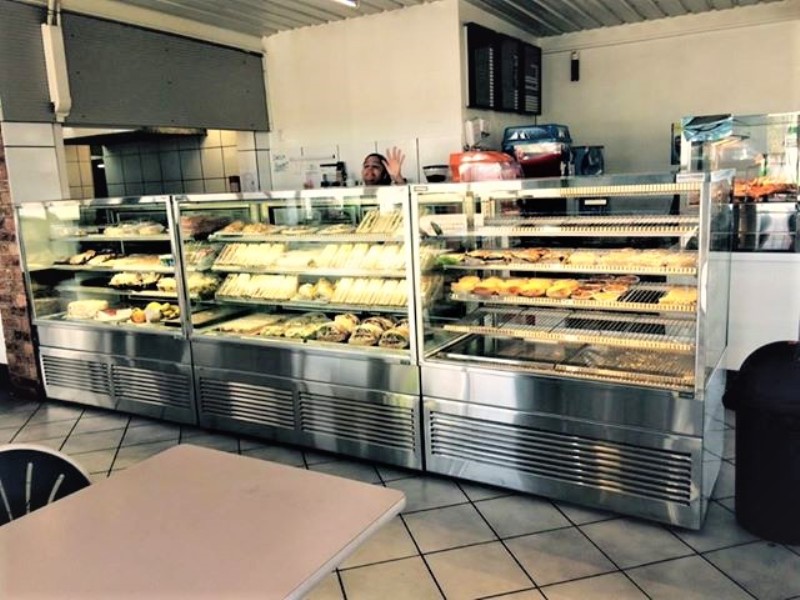
It might be hard to believe now, in this day of 24/7 convenience shopping, but there used to be days that all the shops were closed. We are seeing the last stirrings of debate around ANZAC Day and Christmas trading, but once upon a time if you didn’t pick up the groceries you needed on Saturday morning you were out of luck because most shops closed by lunch time—and nothing was open on a Sunday.
More hours, more money
You can point to the declining religiousity of the nation for why Sundays are no longer sacred, but the truth is that it is a reflection of other trends. The first is that big business has become the motivating force behind most of our society, and the simple equation is that the more hours shops are open the more people buy and the more money they make.
That’s why we see late night Christmas shopping hours, or public holidays not really being a holiday for anyone. It’s also why every year we see the lines between opening hours and closed blurred a little more, and why there is no day that is too special for shops to be open.
We want it now
The other motivating force behind it the fact we have become an instant gratification culture. We don’t like having to wait for anything, whether it is food delivered at the click of a button, to who seasons of TV streamed on demand rather than portioned out a week at a time. I am certainly not in a position to point any fingers, either—I love being able to buy a book and have it appear on my Kindle a moment later.
We don’t want to have to wait days for a shop to open, or until business hours to be able to contact customer support. We don’t want to not be aable to order a pizza while we watch the ANZAC Day football match. The idea of having to wait for something is more of anathema every day, and our culture is becoming an on demand world.
The price of convenience
There is a cost to all of this, of course. The first effect is that when we no longer have to wait for things they lose some of their savour. We have lost much of the joy of anticipation that comes from having to wait for the things we want, and many things that were once a treat have become common place—I know for myself that types of food that were something exciting are now an every day affair.
No rest for the wicked—or the not so wicked
The other cost is to our own ability to to take a break. As the lines between open and closed have blurred for the world in general so they have for us as indivuduals. If stores are required to be open, and people are not willing to wait, someone has to be working, after all. That mindset has bled into other inudtsries from the reail world, and now each of us are on call.
It's very rare now for us to completely switch off from work. The rise of a connected world means that we are always contactable and how many of us get texts or emails after we are meant to be finished with work, asking questions that just can’t wait until Monday because the world around us just can’t wait at all?
On the seventh day
For years, people have been deriding the idea of a Sabbath as an outdated religious concept that has no place in the modern world. But, like many Biblical concepts, we are starting to see God’s wisdom in laying day rules that were not meant to be a burden on us, but instead were meant to help bring balance and fullness to our lives.
Maybe it is time to resurrect the idea of putting a day aside to rest, and redrawing the lines between work and leisure. If we do, we might find that rather than forcing us to miss out on time we could be enjoying the thing things we want it might mean we suddenly get to enjoy them a whole lot more.
.jpg) David Goodwin is the former Editor of The Salvation Army’s magazine,War Cry. He is also a cricket tragic, and an unapologetic geek.
David Goodwin is the former Editor of The Salvation Army’s magazine,War Cry. He is also a cricket tragic, and an unapologetic geek.
David Goodwin archive of articles may be viewed at http://www.pressserviceinternational.org/david-goodwin.html

David Goodwin is the former Editor of The Salvation Army’s magazine,War Cry. He is also a cricket tragic, and an unapologetic geek.
David Goodwin archive of articles may be viewed at http://www.pressserviceinternational.org/david-goodwin.html